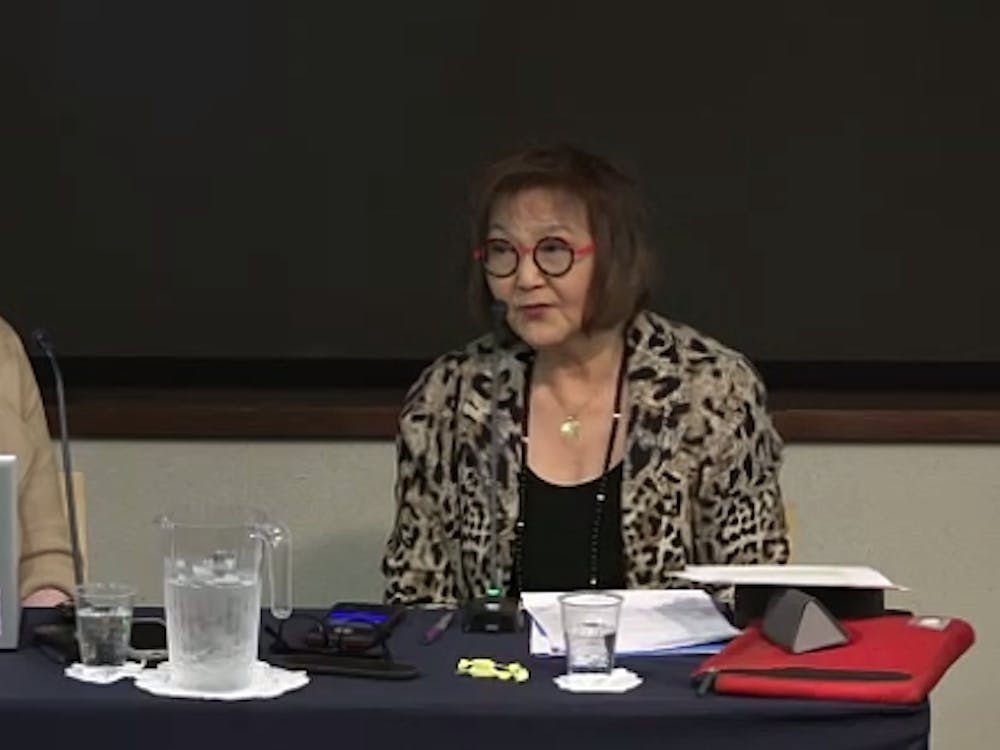When poet Walt Whitman wrote the famous line “I contain multitudes,” trillions of microbes were probably not what he had in mind. The analogy, however, is fitting for scientists studying the microscopic ecosystem that exists both on human skin and in the gut, referred to as the microbiome. Like fingerprints, every human has a slightly different microbial society taking root inside of them.
Though the microbes residing in human bodies are crucial to human health and survival, not much is known about how these microbes can be harnessed to enhance scientific understanding of health, especially given the diversity of microbiomes in humans. A new lab at the Bloomberg School of Public Health is hoping to further answer some of these questions.
Jotham Suez began work as an assistant professor with Hopkins in January. After completing his PhD from the Weizmann Institute of Science in Israel, Suez received an Early Independence Award from the National Institutes of Health. This award allows talented early-career scientists to become Principal Investigators (PI) shortly after completion of their PhD, abridging the period typically spent in a postdoctoral fellowship.
Suez noted in an interview with The News-Letter that moving from Israel to Baltimore during pandemic was a unique experience. As the weather improved, Suez started to see some more signs of life from Baltimore.
“Moving to Baltimore, especially in January when almost everything was closed and the weather was very cold, was interesting because there was barely anyone in the streets. I felt like it was really almost only me in the building some days,” Suez said.

Suez is excited about examining how each human’s unique gut microbiome impacts their health. In a 2015 paper published in Cell, Suez and colleagues found that in prediabetic individuals given the same meal, blood sugar response depended on each individual’s microbiome. This finding culminated in an algorithm for clinicians that could predict a specific individual’s glycemic response based on a given meal.
According to Suez, this finding is critical for treating prediabetes.
“If you go on the classical approach that says the only thing that dictates your glycemic response are the properties of the food itself, you would suggest one diet to everyone, and we can see that this is not very effective in preventing the development from prediabetes to diabetes,” Suez said.
Currently, Suez is hoping to further explore the interaction of zero-calorie sweeteners with the gut microbiota. While these artificial sugars are often hailed as a solution for diabetic or obese individuals, some research suggests that they do not help. While past studies of Suez’s found that zero-calorie sugars caused microbial disruption, weight gain and decreased glucose tolerance in mice, when the study examined humans it saw something different.
There seemed to be two types of people: Some exhibited a negative response to the artificial sweeteners like mice, and some exhibited no response. The team attributed this to differences in microbiomes. Among other projects, Suez’s lab is hoping to uncover more about what those differences are.
Suez’s research plays a role in the growing popularity of precision medicine. Instead of assuming one drug or intervention will work the same way in every individual, precision medicine tailors an intervention to fit a patient’s genetic or, in this case, microbiome data. In one example outlined in Genome Medicine, cases of irritable bowel syndrome can be treated with fecal microbiota from a healthy donor selected to match the patient’s data.
Suez ended his interview by cautioning that readers should take extra care when examining the results of studies involving the gut microbiome.
“There’s just so much that we don’t understand, and there’s a lot of attempts to translate microbiome research to the clinic, some of which I feel are too preliminary,” Suez said. “I would love if we were already in the stage when it is more translatable, but for many things we are still just starting to understand how these things work.”
Since January, the lab has taken on a PhD student, two master’s students and an undergraduate. Suez hopes that the lab can be a place for them to grow as scientists and as individuals.
“I ask everyone who comes into the lab, ‘What are your goals?’, and my mission is to help them achieve their goals no matter what they are,” he said.





